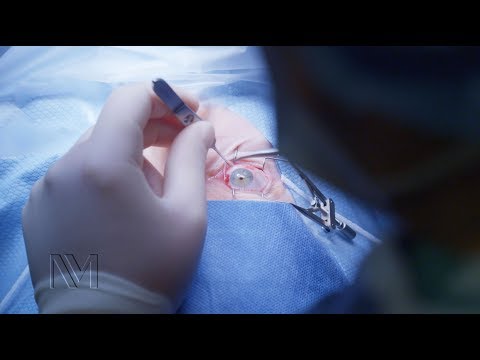Treatments
Cataract Treatments
The primary treatment for a cataract is surgery. Your physician will let you know when surgery is recommended. Delaying surgery is not a good idea with cataracts, however; the longer you wait, the greater the vision loss you endure and the higher the chance of complications.
During cataract surgery, your eye will be numbed and you may receive mild sedation. The surgeon will make one or more small incisions in your eye and insert a probe that introduces ultrasonic waves to break up the clouded lens. The lens pieces are removed and a new, artificial lens is inserted. The process usually takes less than 30 minutes.
If you are nearsighted or farsighted, you may request refractive cataract surgery, which implants a lens that has a prescription, like your glasses or contacts.
If you have cataracts in both eyes, they will be removed at two different times to ensure that the first eye has time to heal completely before the other one is treated.
Northwestern Medicine offers state-of-the-art femtosecond laser surgery for bladeless removal with greater precision and safety.




